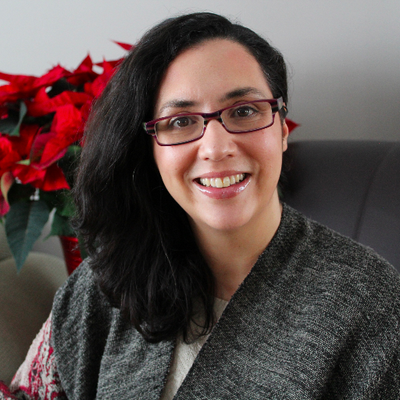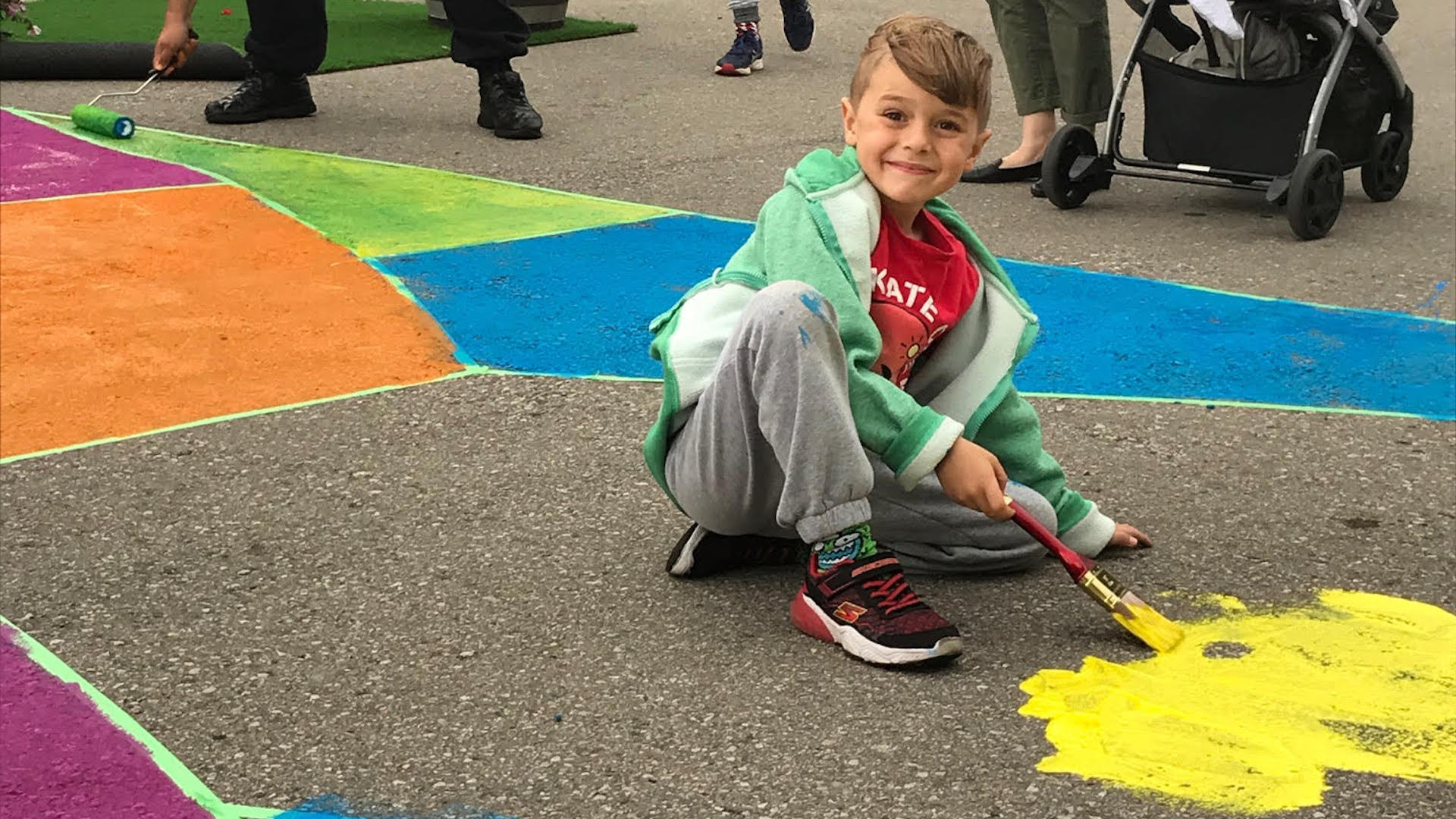When Maria Julia Maristany finished high school in Argentina, she began an undergraduate degree in literature.
She expected to go into politics.
But what she didn’t expect was that six months into her undergraduate degree she would miss math so much that she would switch majors from literature to physics.
“It’s OK to get it wrong,” Maristany told a group of 115 middle and high school students about her path in science. “I learned more from my mistakes than I did from my achievements. Be OK with taking chances.”
The students spent a day at the Institute for Quantum Computing (IQC) at the University of Waterloo, learning about the potential of a career in space and science.
Maristany, who is completing a graduate degree in theoretical physics at Perimeter Institute, joined Elena Massara, a postdoctoral fellow at the Waterloo Centre for Astrophysics, to talk to students about women in science during a panel discussion moderated by IQC’s Kayleigh Platz.
The panel was on the same day two NASA astronauts, Christina Koch and Jessica Meir, made history by replacing a faulty part of the International Space Station’s power grid during an all-female spacewalk.
While some female physicists say their gender didn’t affect their career, Maristany said that’s not everyone’s experience.
“There are some challenges that are very real,” she said.
In a recently released Women in the Workplace study, McKinsey and LeanIn.Org found the biggest obstacle women face in reaching top leadership positions doesn’t come from the glass ceiling phenomena, but actually starts much earlier in their careers. The study found many women struggle to become promoted the first time, and get stuck at entry level positions — a phenomena McKinsey and LeanIn.Org called the “broken rung.”
For every 100 men promoted and hired to manager roles, only 72 women are promoted and hired, the study found.
Industries, such as technology, don’t do a very good job at hiring women in the first place, the study discovered.
And female representation is particularly an issue for women belonging to a minority group.
That’s why we need more women in science.
It’s a cool field that women sometimes don’t consider but “there is space for everyone in science,” Massara said.
She encouraged the students to ask people — whether supervisors or colleagues — for career advice. And she encouraged the students to learn about job opportunities and career paths in science outside of academics.
That was one goal of the day, said Marine Dumontier, marketing manager for SkyWatch, a company that helps commercial users access satellite data. SkyWatch organized the day-long event to inspire the students to pursue a career in the space sector and science.
“The commercial space sector is growing at a pace that’s unprecedented,” said Dumontier.
Platz asked Massara and Maristany what they wished someone would ask them during panel discussions. Maristany said she wished someone would ask how to support minorities in science.
One way to do that, said Maristany, is by addressing issues instead of glossing over them. She encouraged students to speak up.
“The more we call out things, the faster they’ll change,” she said. “Academic communities should include minorities, not just make space for minorities. It’s a very different thing.”
(Image courtesy of NASA)

.jpg)



